Authorities warn of possible floods as rains return
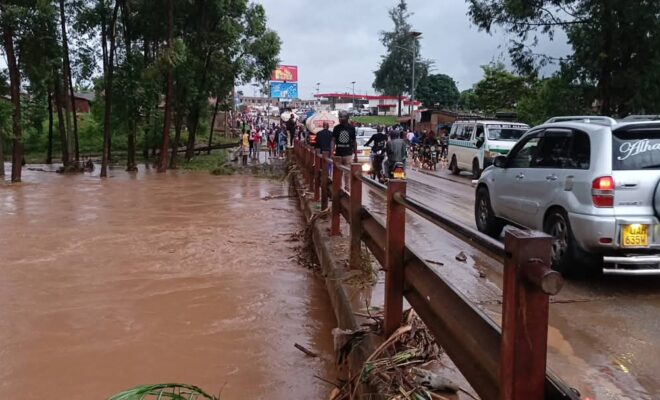
The Department of Meteorology under the Ministry of Water and Environment have warned Ugandans of possible floods due to heavy rains that are expected to fall all over the country.
According to them, The rainfall forecast depicts much wetter conditions in most parts of the country.
However they warn of the potential hazards that are expected to occur which include; flash floods, waterlogging, contamination of water sources due to increased surface runoff into such sources, and disruption of traffic flows along transportation routes as some bridges may be destroyed.
A ten day rainfall forecast from 21st to 31st march indicates that substantial rainfall activity is expected to be experienced in most parts of the country (areas of south western, Lake Victoria basin, mid-western, central, extending to West Nile and Kyoga basin ).
However, North Eastern parts of the country are expected to receive suppressed rainfall.
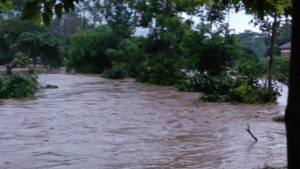
A photo showing flash floods in Mbale that happened in November last year
Exceptional rainfall is expected in most parts of Kigezi, Ankole and parts of central Uganda.
At ten days temperature forecast from 21st to 31st March indicates that the highest mean daily temperatures (average of maximum and minimum) for the forecast period indicate that warmer conditions are expected in the range of 24 0C to 320C over most areas of the northern sector (Lango, Acholi, West Nile, Lake Kyoga, and Karamoja sub-region).
Following the above anticipated conditions, the department of Meteorology has advised the General public on the following measures.
1.Planting is expected to start mostly in the south-western, central, mid-western northern and eastern regions of the country, and selection of good seeds and seedlings should be considered now. And the northern region should continue with the preparation of their farm lands.
2.With such anticipated rains over most parts of the country, this will offer conducive conditions for pasture growth and availability of water for livestock in most parts of the country.
3.Communities are encouraged to carry out Water harvesting that may be used in case of dryspells.
4.Drinking water should be boiled before use for the safety of life and good health, particularly in rural areas as water sources are often contaminated by faecal matter during rainy seasons.
5.Pruning of tree crops and construction of drainage channels should be undertaken to minimize stagnation of water over crop gardens or parcels in all low-lying areas all over the country.
6.Monitor and report any emergence of crop pests, animal parasites, and plant diseases to technical staff at the sub-county and district.
7.Take advantage of the rains and engage in tree planting as a venture to reduce hailstorm damage to crops but also as an income generating project for meeting future household needs.
8.Urban authorities should clear off clogged water pathways or open up drainage channels to avoid
truncation of the roads by turbulent water overflows and over-flooded transport routes.


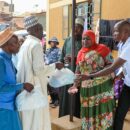
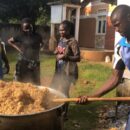
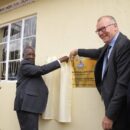
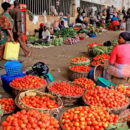

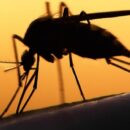




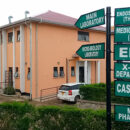
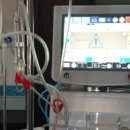



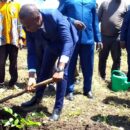




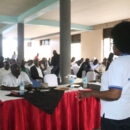
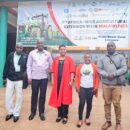
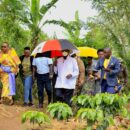
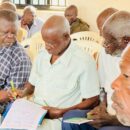

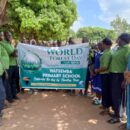
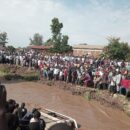
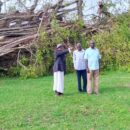
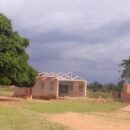

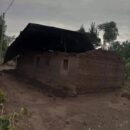


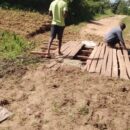
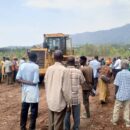


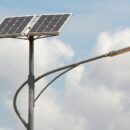



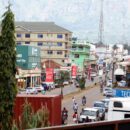
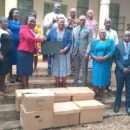
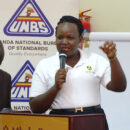
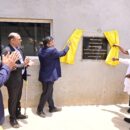


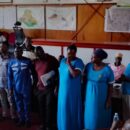


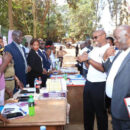







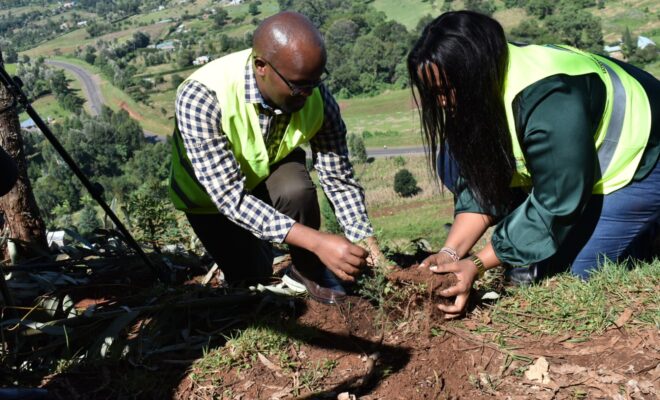
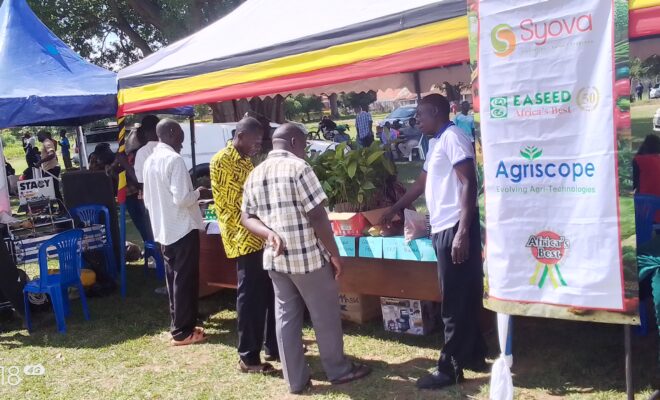
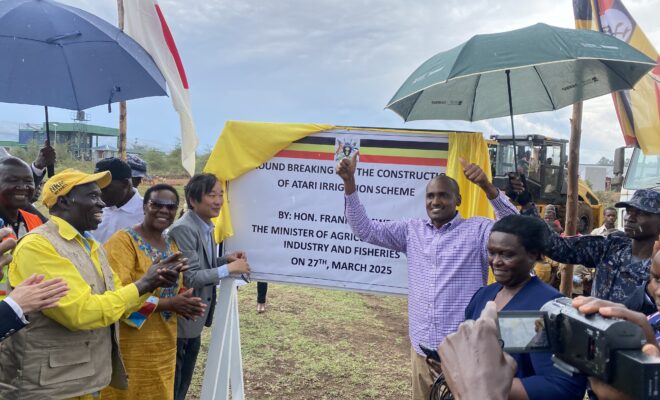
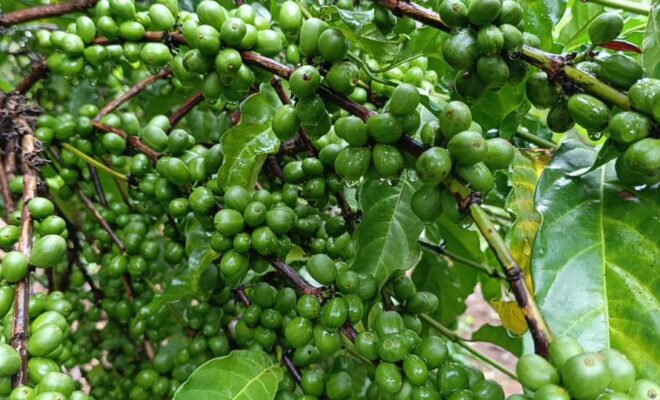
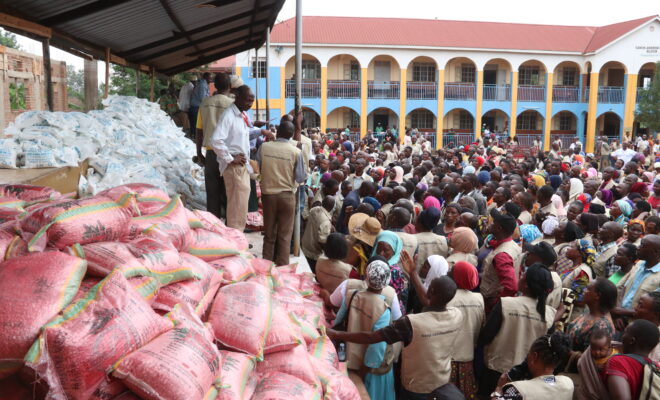
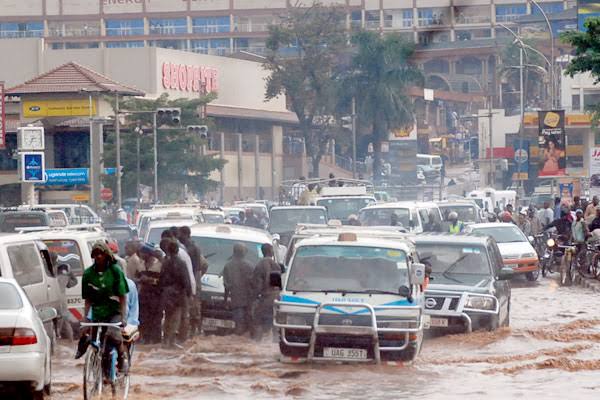

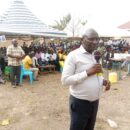




Kadodi dancers banned from Mbale city
Mbale City to host Elgon Tourism Expo & Business Forum